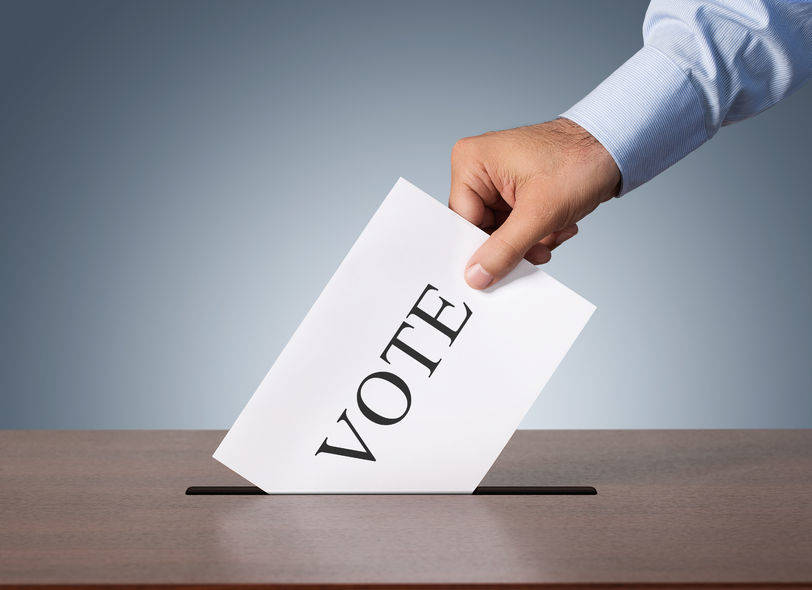Sen. Dennis Egan doesn’t think the Legislature will act to close the fiscal gap this year. The problem, he says, is “every two years a lot of things don’t happen because people are running for re-election and they’re afraid to tackle major issues.”
He’s right. But I think the problem isn’t just that elected officials’ fear being thrown out of office. It’s a flaw in the part of our election laws that stopped evolving in 1872.
The responsibility for Americans to choose their representatives is enshrined in our Constitution. Not the original document though. Between 1787 and 1920, constitutional amendments extending voting rights to all people, regardless of race and gender, were ratified. The 17th Amendment made it the peoples’ right to elect our senators. And in 1971, the 26th Amendment lowered the voting age to 18.
What’s never changed is how often elections are held. It always been every two years. Until 1872, the date was determined by the states. Ever since, national elections have on the first Tuesday after the first Monday in November.
When Alaska was admitted into the union, that well-worn practice was naturally written into our own constitution and voting laws. But because the system was deemed effective in 1958 though doesn’t mean it’s working now.
Besides, technology has shred the justification for all that.
To understand how outdated our election process is, it’s necessary to examine the simple factors from which they were drawn up. That begins with the electoral college, itself is a silly formality until it undermines the will of the majority, which it’s done that twice since 2000. A law established in 1792 required presidential elections be held a month before the college electors meet during in the first week of December. Hence, ballots for president were cast in November. Technology, specifically the telegraph machine, was the reason Congress later standardized the date across the country.
Autumn elections also suited northeastern to midwestern farming societies. It let them work the land during the long days of summer and the intense harvest season. And it preceded the winters when travel to vote was nearly impossible. So, it was only natural that laws were passed to hold congressional and state legislature elections at the same time.
None of that matters anymore. Today’s voting methods and the speed at which they’re counted make the telegraph a primitive curiosity. All other limitations of that era have been erased by modern transportation and the means which news and information are disseminated.
Of course, simply changing the date does nothing to address the problem that concerns Egan. What’s relevant though is, aside from special elections to fill individually vacated seats, it forces us to wait every other year to reboot a stalled government only to get another two years of gridlock.
Americans’ dissatisfaction with this cyclic ineffectiveness is apparent in the approval ratings for Congress, most state governments, and both parties. For much of the past two decades, they’ve been anchored between 20 to 40 points below an F by academic measurements.
In other countries, a failing government can lead to snap elections. Those can be called following a parliamentary vote of no confidence in the ruling coalition, or at the request of by the Prime Minister. I’m not proposing that as a solution. But it would be smarter to look for clues in remedies used across the oceans rather than cling to illusion of America’s democratic superiority.
As the word snap implies, those elections happen quickly and aren’t fixed to an arbitrary calendar date. In most cases, they won’t be called if elected officials are doing their best to solve major problems. Whereas avoiding them comes with the risk of facing a surprise election.
What’s more relevant to our situation is the duration of political campaigns. Because they can’t begin 10 months before an election, it’s less expensive to run one. Doing that here would reduce the corruptive influence of special interest money while increasing the pool of viable candidates.
Finally, comparing voter turnout across the globe, it’s clear too many Americans aren’t seriously engaged in our democracy. And until we put an end to the system that encourages our representatives to spend half their term in office worrying about re-election, the fresh ideas we need to revitalize our country might be remain on the sidelines with them.
Rich Moniak is a Juneau resident and retired civil engineer with more than 25 years of experience working in the public sector.

